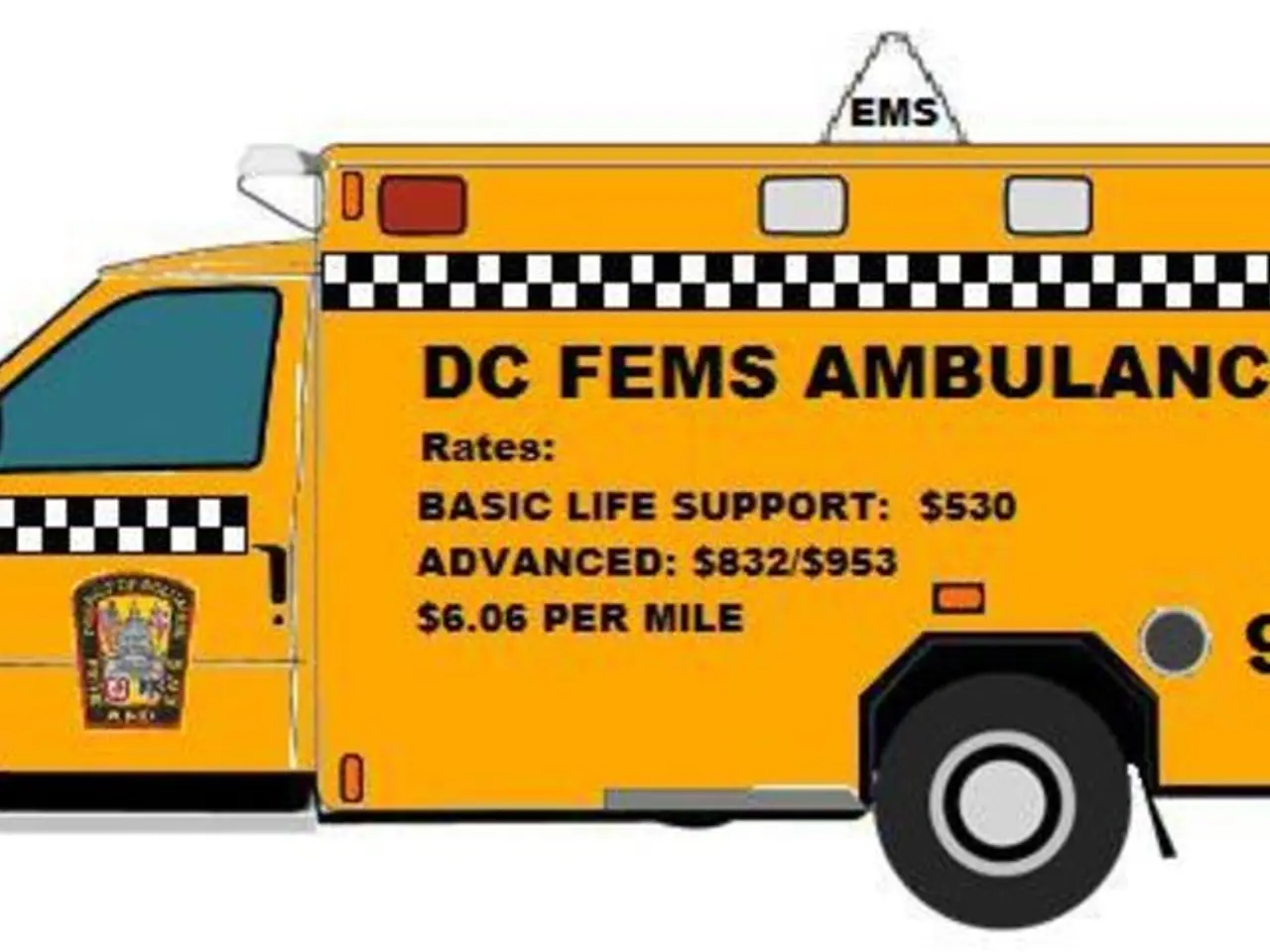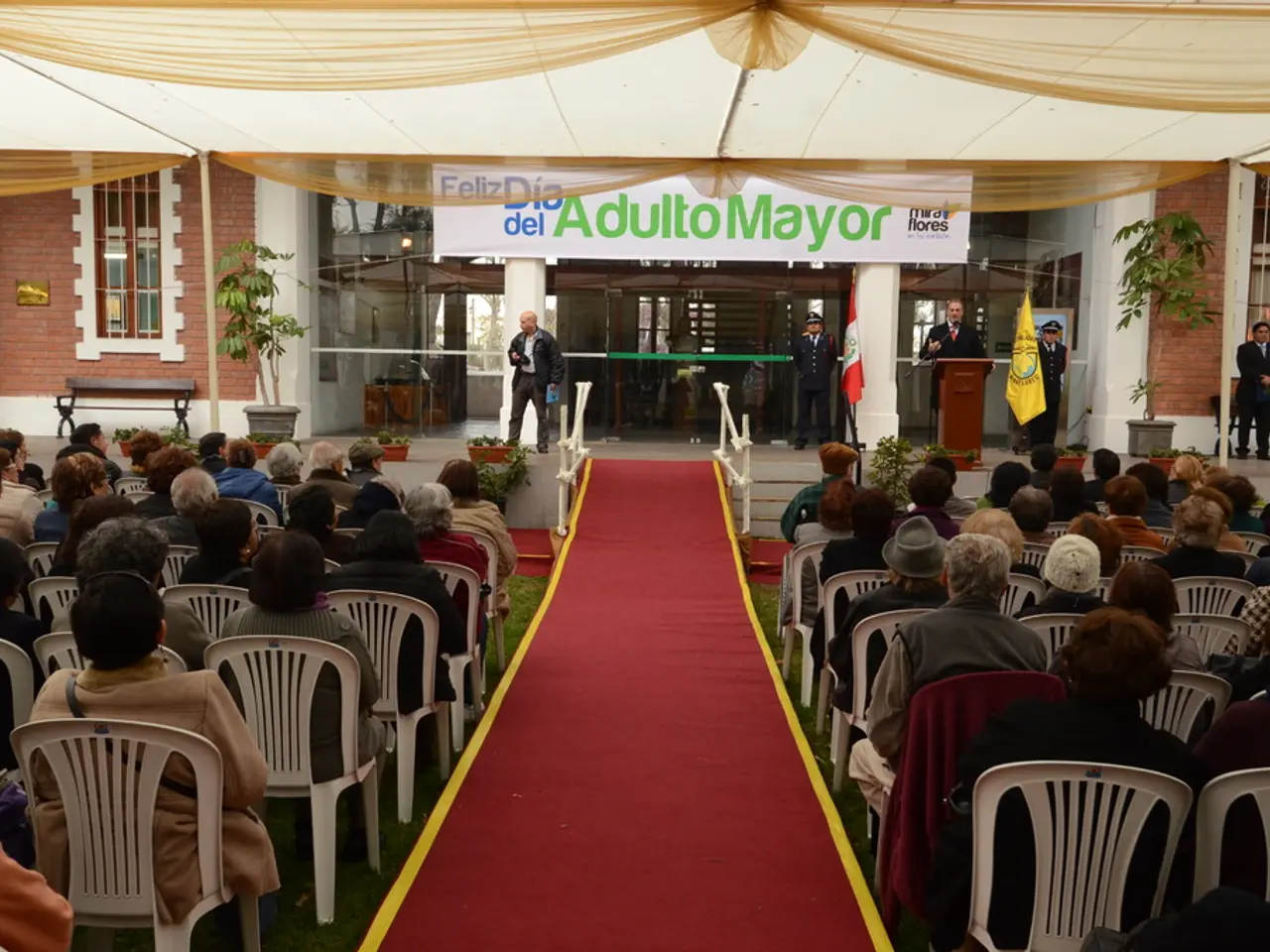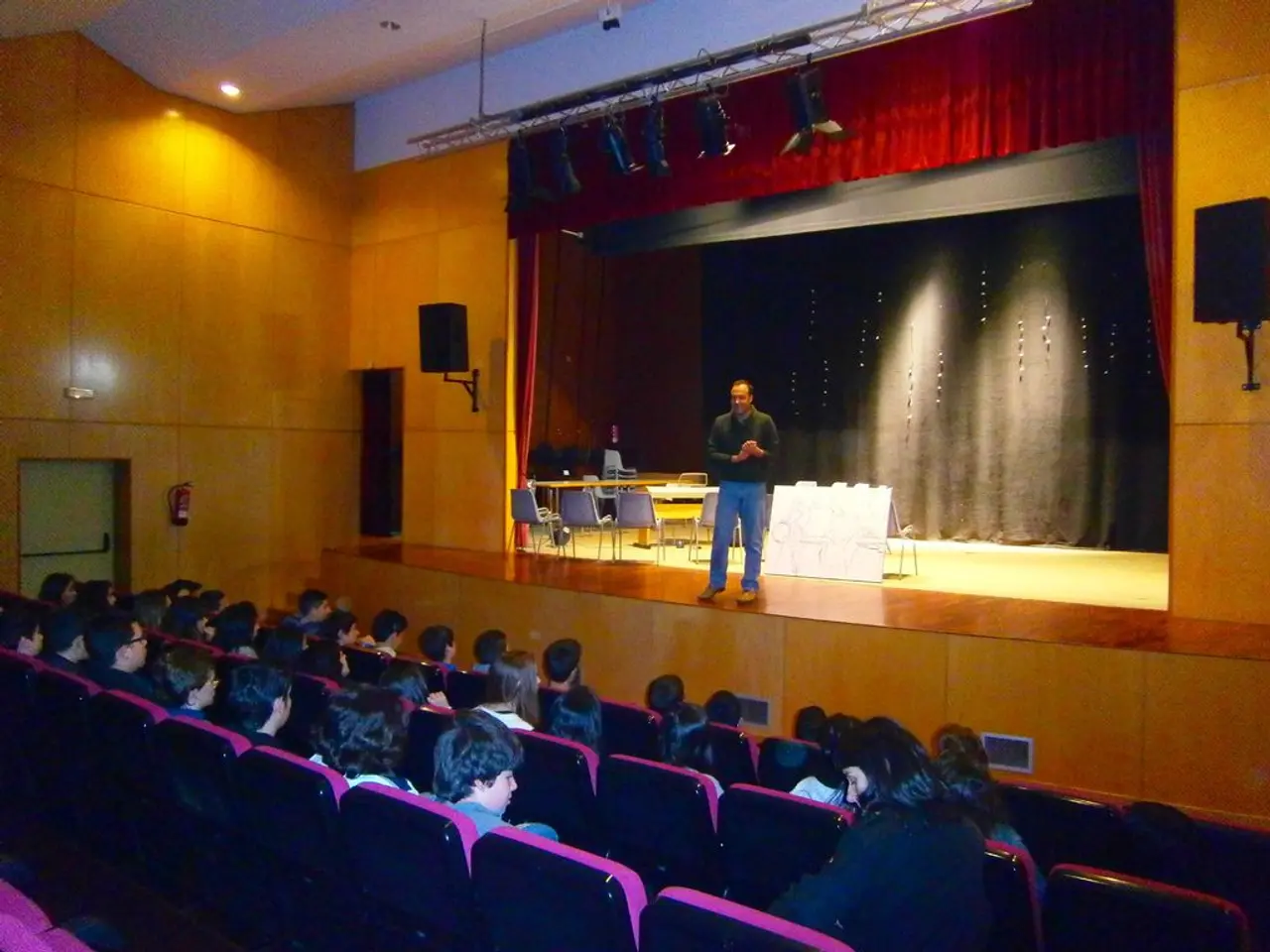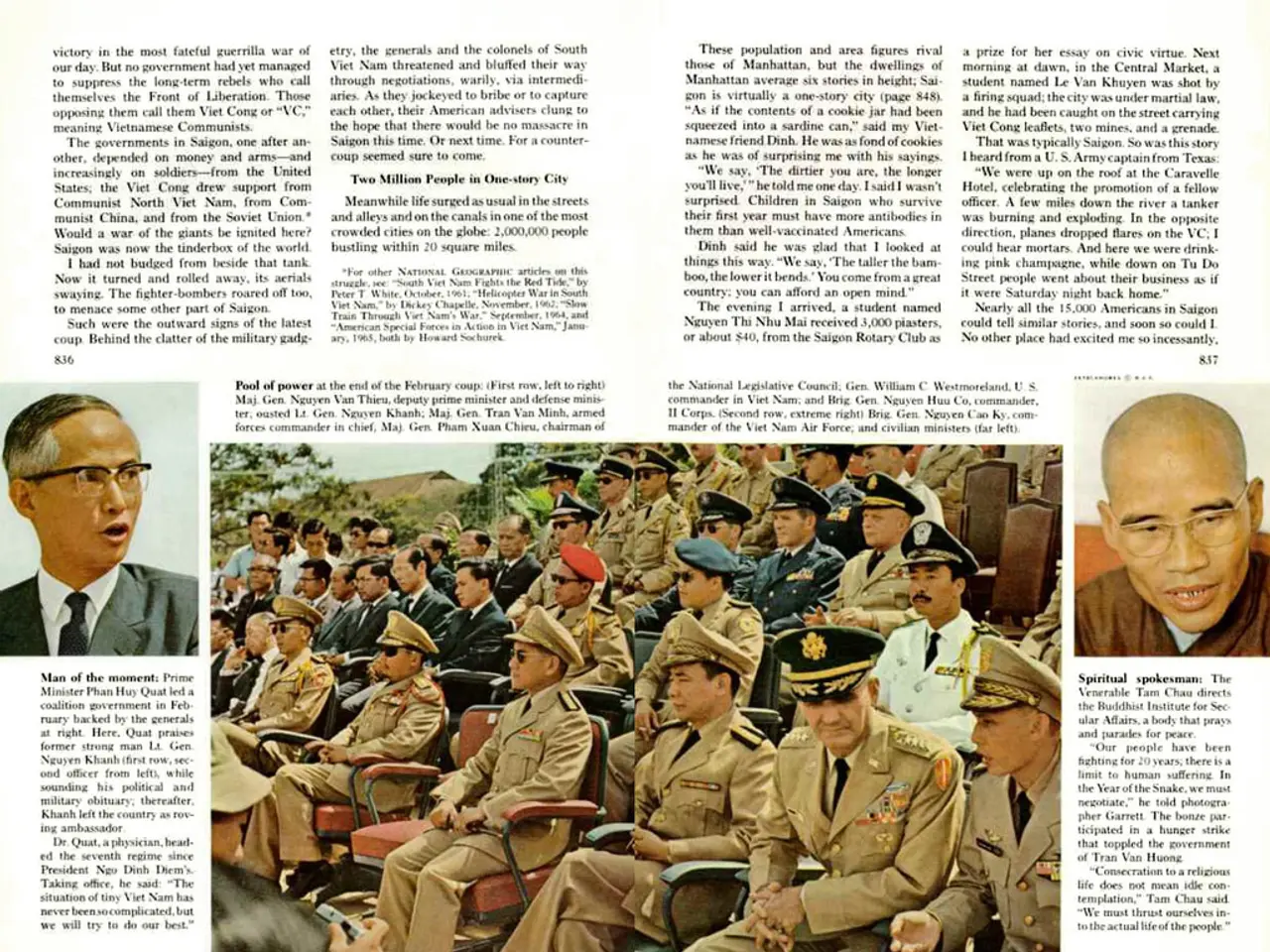US Envoy Witkoff Sets Sail for Gaza
In the sealed coastal region of Gaza, home to approximately two million Palestinians, the Gaza Humanitarian Foundation (GHF) has been managing aid distribution centers, funded by $30 million in U.S. aid. However, the organization has faced significant controversies and criticisms, particularly regarding its capacity and safety.
According to reports, these centers are overwhelmed by Gaza's massive humanitarian needs and have been the sites of tragic incidents. The United Nations has documented more than 1,000 deaths recently at food aid sites, most of which are run by the GHF. This alarming statistic has raised serious concerns about the adequacy and security of aid delivery in Gaza.
Critics, including the U.N., Amnesty International, the International Committee of the Red Cross, and other nonprofits, have stated that the GHF is ill-equipped to handle the enormous demand for aid in Gaza. Furthermore, there have been reports of dangerous conditions at these food centers, including crowd-related incidents and live fire directed at desperate crowds attempting to access emergency aid.
Accusations of aid diversion by Hamas and the resultant politicization of aid have also been a point of contention. The Trump administration and Israel have accused Hamas of diverting aid to fund militant activities, but Hamas denies these claims.
President Trump has expressed concern about starvation in Gaza and has committed to increasing U.S. aid. However, he has also emphasized that Israel and Western countries need to share the responsibility. Despite his commitment, specific details about improvements or changes at GHF-run sites remain unclear, with the Foundation not responding to inquiries about aid amounts or safety issues.
These issues have drawn criticism from international bodies and complicated the delivery of humanitarian assistance in Gaza. The U.S., along with Qatar and Egypt, acts as a mediator between Israel and Hamas, as the two warring parties do not communicate directly with each other.
Recently, U.S. Envoy Steve Witkoff met with Israeli Prime Minister Benjamin Netanyahu to discuss the situation in the Gaza Strip, Israeli hostages held by Hamas, and Iran. Witkoff's visit to the Gaza Strip, announced on Friday, is to assess the situation on the ground and inspect distribution centers for aid supplies.
The World Health Organization has issued a warning about a deadly hunger crisis in Gaza, and President Trump has called for more food deliveries for the suffering civilian population. Efforts to achieve a ceasefire in the Gaza conflict have stalled, and it remains to be seen how these controversies will be addressed moving forward.
- The United Nations, Amnesty International, the International Committee of the Red Cross, and other nonprofits have raised concerns about the capacity and safety of the Gaza Humanitarian Foundation (GHF) in managing aid distribution centers, particularly in the face of war-and-conflicts and general-news situations such as the ongoing crisis in Gaza.
- Alongside allegations of crowded conditions and live fire incidents at food centers, accusations of aid diversion by Hamas have politicized aid distribution, creating a complex landscape of crime-and-justice issues within the Gaza Strip.
- With over 1,000 deaths at food sites but no concrete details about improvements or changes at GHF-run sites from the Foundation, accidents related to the delivery and distribution of aid supplies continue to pose risks to the people of Gaza, highlighting the urgency for international bodies to find viable solutions and ensure the well-being of the civilian population amidst war-and-conflicts and general-news crises.








